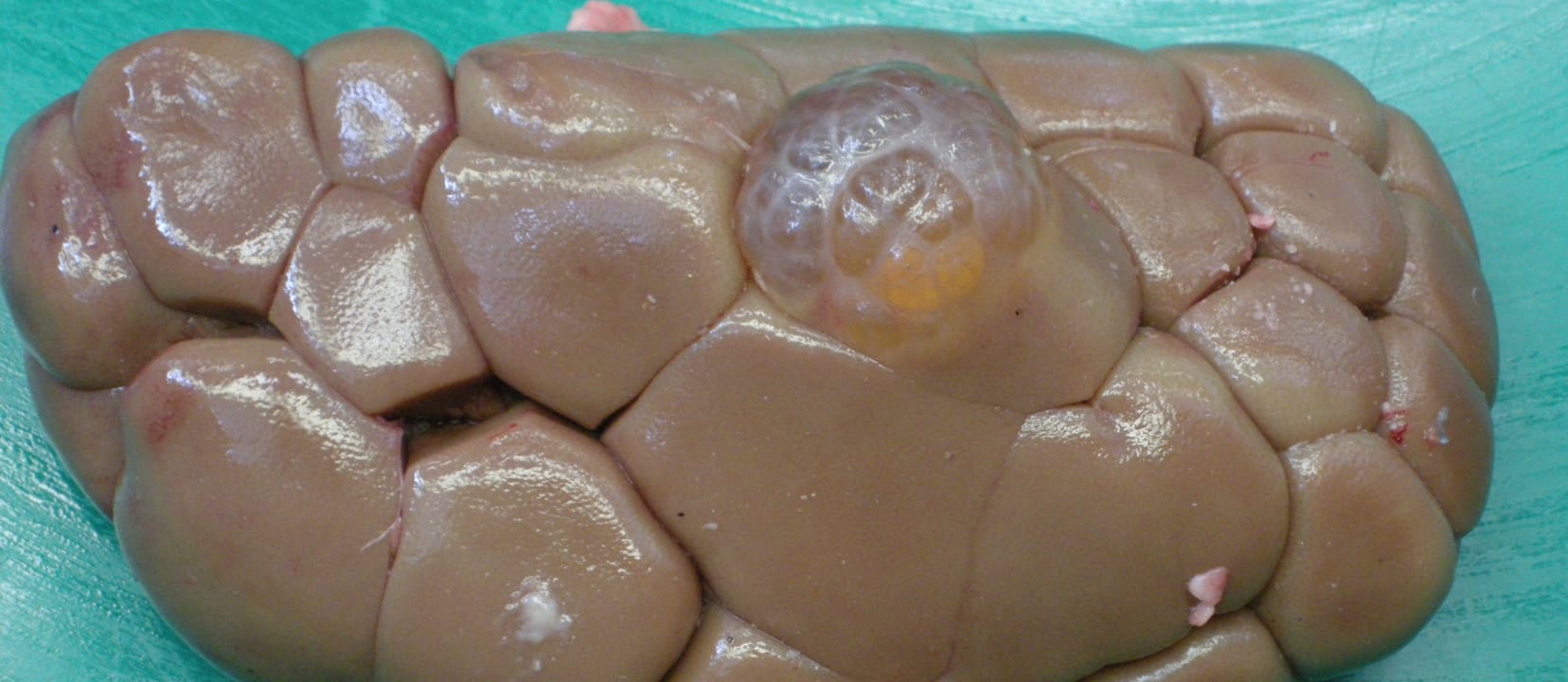58,000 Americans are diagnosed with kidney cancer every year, and 13,000 die. And the numbers have been rising. Approximately 4 percent of cases are hereditary, but what about the other 96 percent? Historically, the only accepted risk factor has been tobacco use, but cigarette smoking has been declining. So, what’s going on?
Nitrosamines are one of the most potent carcinogens in cigarette smoke. One hot dog has as many nitrosamines and nitrosamides as five cigarettes. And these carcinogens are also found in fresh meat as well: beef, chicken, and pork. So, even though smoking rates have dropped, perhaps the rise in kidney cancer over the last few decades may have something to do with meat consumption. But would kidney cancer just be related to the processed meats like bacon, sausage, hot dogs, and cold cuts that have nitrate and nitrite additives, or fresh meat as well?
The NIH-AARP study featured in my video Can Diet Protect Against Kidney Cancer? is the largest prospective study on diet and health ever performed—about 500,000 men and women followed for nine years. In addition to examining nitrate and nitrite intake from processed meat, they also looked at intake from other sources such as fresh meat, eggs, and dairy. Nitrite from all animal sources, not just processed meats, was associated with an increased risk of kidney cancer. The researchers found no associations with nitrate or nitrite intake from plant sources.
When meat producers advertise their bacon or lunch meat as “uncured,” this means no nitrites or nitrates added. But if you look at the small print, you’ll see something like “except for celery juice.” That’s just a sneaky way to add nitrites. Processed meat producers ferment the nitrates in celery to create nitrites, then add it to the meat: a practice even the industry admits “may be viewed as incorrect at best or deceptive at worst.”
But that same fermentation of nitrates to nitrites can happen thanks to bacteria on our tongue when we eat vegetables. So, why are nitrates and nitrites from vegetables on our tongue harmless, but nitrates and nitrites from vegetables in meat linked to cancer? The actual carcinogens are not nitrites, but nitrosamines and nitrosamides. In our stomach, to turn nitrites into nitros-amines, and nitros-amides, we need amines and amides, which are concentrated in animal products. And vitamin C and other antioxidants in plant foods block the formation of these carcinogens in our stomach. That’s why we can safely benefit from the nitrates in vegetables without the cancer risk. In fact, some of the highest nitrate vegetables, like arugula, kale, and collards, are associated with decreased risk of kidney cancer. The more plants, it appears, the better.
Plant-based diets and fiber-rich diets are recommended to prevent cancer, as well as chronic conditions associated with kidney cancer, such as obesity, high blood pressure, and diabetes. It’s like sodium intake and kidney cancer. Sodium intake increases kidney disease risk, but that’s not just because sodium intake increases blood pressure. It appears the salt is associated with increased cancer risk even independently of hypertension. What about plant-based diets? Turns out the protective association remains even in people who are not obese and have normal blood pressure. So overall, plant-based and fiber-rich diets appear to do both: decrease cancer risk directly and indirectly.
I briefly address kidney health in Preventing Kidney Failure Through Diet and Treating Kidney Failure Through Diet, but have a whole series of more in-depth videos dealing with various kidney issues.
More on the fascinating nitrate story, involving improving athletic performance and blood flow with nitrate-rich vegetables:
- Whole Beets vs. Juice for Improving Athletic Performance
- Oxygenating Blood With Nitrate-Rich Vegetables
- “Veg-Table” Dietary Nitrate Scoring Method
- Slowing Our Metabolism with Nitrate-Rich Vegetables
More on carcinogens caused by cooking meat in videos like:
- Meat Fumes: Dietary Secondhand Smoke
- Estrogenic Cooked Meat Carcinogens
- PhIP: The Three Strikes Beast Carcinogen
In health,
Michael Greger, M.D.
PS: If you haven’t yet, you can subscribe to my free videos here and watch my live, year-in-review presentations—2013: Uprooting the Leading Causes of Death, More Than an Apple a Day, 2014: From Table to Able: Combating Disabling Diseases with Food, 2015: Food as Medicine: Preventing and Treating the Most Dreaded Diseases with Diet, and my latest, 2016: How Not To Die: The Role of Diet in Preventing, Arresting, and Reversing Our Top 15 Killers.
